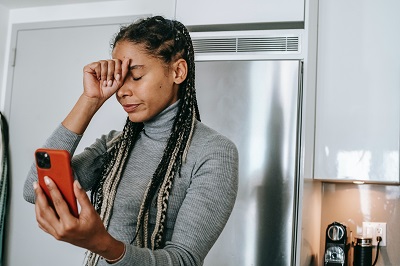You double over. The pain in your abdomen is fierce. You are pretty sure you have a bad case of gas. How long can gas pains last? Gas pain will last until the gas is released. Gas pains may last longer for those with a slow digestive system. Digestive support aids may help relieve gas pains and help certain people avoid regular bouts of flatulence and discomfort.
What is gas pains? Basically, it is the expulsion of gas from the rectum is called flatus and this relieves cramping, which is the result of stretching or distension of the rectum and colon. When a person can’t pass gas the pain gets bad. This usually takes the amount of time it takes digesting food to move through the intestines as waste: a few hours for some people.
What Causes Gas and Pain?
Some people are really “gassy,” causing them to cramp easily and often, which is uncomfortable and annoying that you ask yourself how long can painful gas last? Certain foods, such as beans and cabbage, are notorious for causing flatulence, so assiduously avoid them if you have gas problems. The use of over the counter digestive supplements can help you if are prone to gas pain, and know that a meal will include foods that are problematic.

- Gas leading to cramping is called colic. Babies suffer from it — as can adults. The cramping is cyclic. It builds in strength, gradually eases and then starts all over again. Cramping happens when the walls of the intestine are squeezing or stretching due to muscle contractions.
- If there is an infection that inflames or irritates the intestine or a blockage, contractions result.
- Stress can be the culprit, causing intestinal peristalsis (muscle contractions.)
- Those suffering from irritable bowel syndrome (IBS) frequently experience discomfort after eating. The pain is accompanied by bloating.
- Bacteria in the colon ferment carbohydrates not digested in the small intestine, leading to gas. Foods responsible for flatulence and discomfort include whole grains, fruits, beans, peas and vegetables. Fiber supplements are known to cause flatulence and distress as can beer and soda.
- When constipated, a person becomes gaseous and experiences discomfort. Swallowing too much air when eating or drinking can lead to bloating and soreness. Crohn’s disease, an inflammatory bowel disease, and diverticulitis can cause extreme flatulence and discomfort.
- Taking antibiotics disrupts the regular bacterial flora in the bowel, resulting in flatulence. Eating artificial additives (sugar) leads to flatulence and diarrhea in some people.
What Do you Feel When Full of Gas?
When full of gas, you can feel excessive gas pain under ribs, gas pain in chest, a knotted feeling crops up in the abdomen accompanies by sensations of tightness and swelling (bloating.) Pain in the chest can result from the swallowing tube (esophagus) reacting when certain foods or hot or cold foods are eaten. Food prompts the gall bladder to release bile. If a person has gallstones the bile can cause a gallbladder attack.
If the intestine is blocked or narrowed this causes pain particularly when fibrous vegetables are eaten. Those that are lactose intolerant experience discomfort after eating or drinking items containing milk.
Jabbing or sharp cramps in the abdomen are part and parcel of trapped gas. Gas moves around, as do the pains. Apart from the question how long can gas pains last another question also needs to be addressed. What are medicine for gas pain? Well, you do not really need one. Gas can be released either as flatus (farts) or belches, which helps relieve discomfort. Although these hurt like crazy, they pains are generally short-lived. Once the gas is eliminated, the agony goes away.

If discomfort does not subside, this can indicate the presence of appendicitis, gallstones or heart disease. Call your physician if you are experiencing recurrent belly pain or severe and prolonged hurting, especially if you are also nauseated or vomiting, have chest pain, a fever, are losing weight or have bloody stools.
When belly pain does not go away, this must be addressed. It can be something more than gas build-up.

